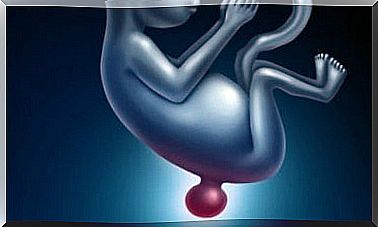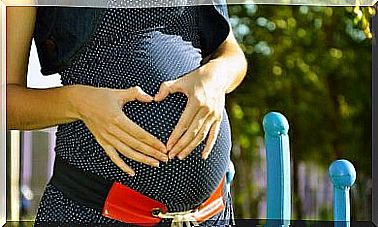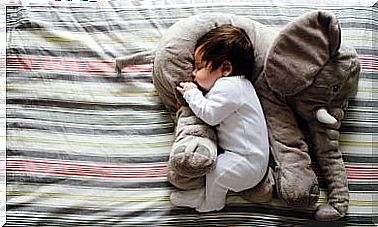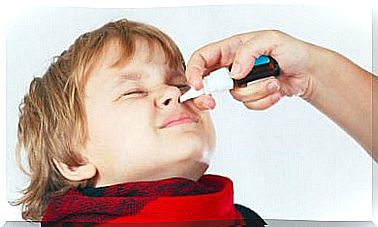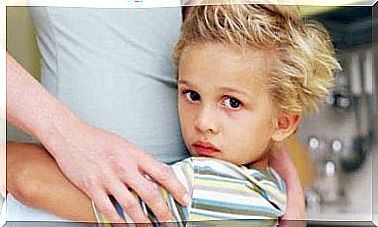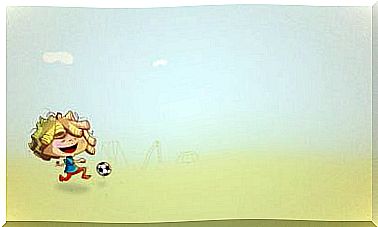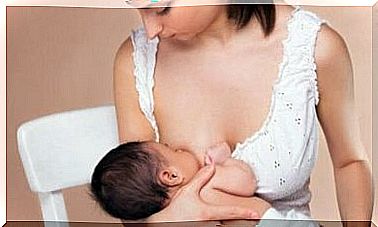Hiccups In Unborn Babies

In the following article, we’ll explain everything you need to know about unborn hiccups.
The bond between a mother and her unborn child is strengthened during pregnancy when one feels the long-awaited movements.
However, when the baby is hiccuping, it can sometimes make you feel a little concerned.
You may be wondering why unborn babies get hiccups. Is It Normal for a Fetus to Have Hiccups?
Are hiccups normal in the unborn child?
There is nothing to worry if your baby is hiccuping while it is in the womb. This happens a lot and is part of your child’s development.
So it’s something completely normal. The hiccups can only last a few minutes or half an hour.
You should also remember that the hiccups are not uncomfortable for your baby. In addition, many specialists see hiccups as a sign of life.
As your baby is still growing and developing, his diaphragm sometimes contracts and causes hiccups.
In other words, the hiccups are caused by a spasm. The diaphragm is a muscle that helps you breathe through contraction and relaxation. It separates the chest cavity from the abdomen.
The diaphragm is trained with hiccups. It is a tool used by the muscle to prepare for the born baby to breathe outside of the uterus.
Your baby’s lungs will not function properly until birth; they absorb amniotic fluid in the womb.
This fluid enters and exits your baby’s lungs, causing contractions in the diaphragm – called hiccups – and preparing your baby’s lungs for the future.

When do you feel the fetus hiccups?
You can especially feel your baby’s hiccups in the third trimester of pregnancy. It is not known whether hiccups occur in early pregnancy.
When your little one has hiccups, you will feel a series of constant, rhythmic bumps in your uterus. This allows you to tell the difference between hiccups in the unborn and kicking, stretching, etc.
The function of hiccups in the unborn child
The spasms your baby experiences in your uterus are part of their development. According to specialists, hiccups cause the following:
- It prepares the baby so that it can breathe independently outside the uterus after birth. As mentioned above, the diaphragm is a muscle that aids breathing, and a fetus’ hiccups are caused by the contraction of this muscle.
- Hiccups in unborn babies are also related to the development of your baby’s nervous system.
- It is also associated with the exercise of motor skills. Most often it is related to swallowing and sucking. The ability to suckle is especially important after childbirth as it prevents milk from reaching the lungs.
- The contractions your baby’s diaphragm creates help regulate his or her heart rate.
How to prevent hiccups in the unborn baby
While some common physical ailments during pregnancy can be prevented or reduced, hiccups in the unborn cannot be prevented. So there is nothing you can do if your baby has the hiccups.
Hiccups in the unborn are completely normal and even healthy. It’s not dangerous for your baby at all.
Many babies continue to have hiccups outside of the uterus after birth. This is because their breathing system is still adapting to the outside world.
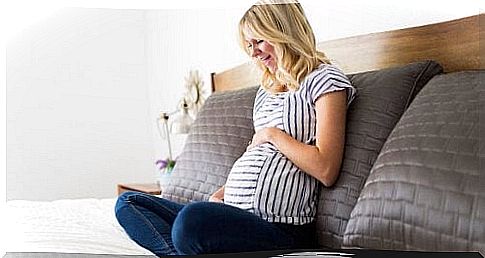
Should I be worried?
Hiccups in the unborn is something that may seem strange and perhaps a nuisance. Normally, however, you need not worry make, and there is no need to visit your doctor.
If the fetus hiccups lasts for several hours or days, we definitely recommend seeing a doctor or gynecologist. This ensures that everything is in order and that your baby is developing healthy and normally.
If you notice hiccups in your unborn baby, enjoy the moment. Sit down, put your hands on your stomach and feel connected to your beloved child.
This is also a great opportunity for your baby’s father, older sibling, or other relative to bond with your sweetheart.
Now that you know the reason for the hiccups in the unborn, you can relax and fully enjoy the feeling.
